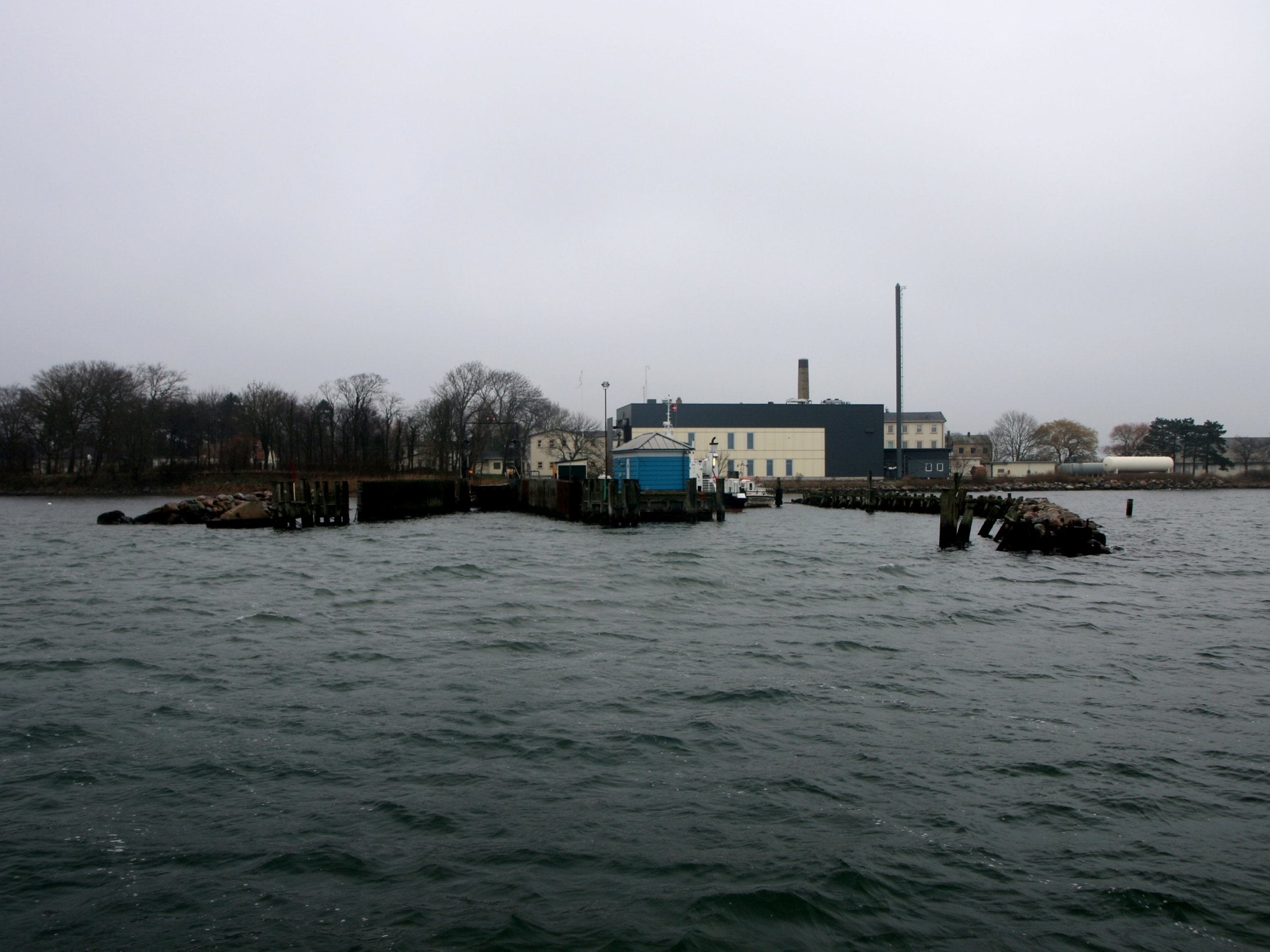Denmark approves funding to hold foreign criminals who cannot be deported on tiny island, despite UN backlash
Criminals serving sentences for crimes such as murder and rape will be moved to Lindholm

Your support helps us to tell the story
From reproductive rights to climate change to Big Tech, The Independent is on the ground when the story is developing. Whether it's investigating the financials of Elon Musk's pro-Trump PAC or producing our latest documentary, 'The A Word', which shines a light on the American women fighting for reproductive rights, we know how important it is to parse out the facts from the messaging.
At such a critical moment in US history, we need reporters on the ground. Your donation allows us to keep sending journalists to speak to both sides of the story.
The Independent is trusted by Americans across the entire political spectrum. And unlike many other quality news outlets, we choose not to lock Americans out of our reporting and analysis with paywalls. We believe quality journalism should be available to everyone, paid for by those who can afford it.
Your support makes all the difference.The Danish parliament has approved funding for a plan to hold foreign criminals on a tiny island, despite criticism from the United Nations and local opposition.
With Denmark taking an increasingly tough stance on immigration, the government wants to send up to 100 people who have completed jail sentences but cannot be deported because they are at risk of torture or execution in their home countries, to the island of Lindholm.
Funding for the scheme was included in the 2019 Danish budget, which lawmakers voted through on Thursday.
A centre for the people, who have been convicted of crimes ranging from murder and rape to less serious offences, is set to be established in 2021 and will cost 759 million crowns (£91m).
Lindholm is used as a laboratory and crematorium by scientists researching swine flu, rabies and other contagious diseases.
Under the plan, the criminals can leave the island during the day but will have to report their whereabouts to authorities and return at night
One ferry serving the three hectare (seven acre) island south-west of Copenhagen is named "Virus".
The plan has aroused opposition in the municipality of Vordingborg, of which Lindholm is part. "People think this is not the solution to the real problems," Vordingborg mayor Mikael Smed said before the vote.
UN human rights chief Michelle Bachelet has expressed serious concerns about the idea.
A majority of foreign criminals whose deportation sentences cannot be carried out are now detained at a centre in Jutland, in western Denmark.
Residents there say they feel unsafe, although police report that crime has not risen in the area in recent years.
Now, residents of Kalvehave, from where the ferry to Lindholm departs, fear for the future of their town which depends on tourism.
"This won't benefit the area and it won't attract more tourists. Quite the opposite," said Klaus, 47, owner of a hotdog stand in the town which is home to 632 people.
Denmark has struggled for decades with how to integrate immigrants, the overwhelming majority of whom are law abiding, into its welfare state.
Public debate intensified in 2015 with the arrival of large groups of asylum seekers from conflicts in the Middle East and elsewhere.
Reuters
Join our commenting forum
Join thought-provoking conversations, follow other Independent readers and see their replies
Comments